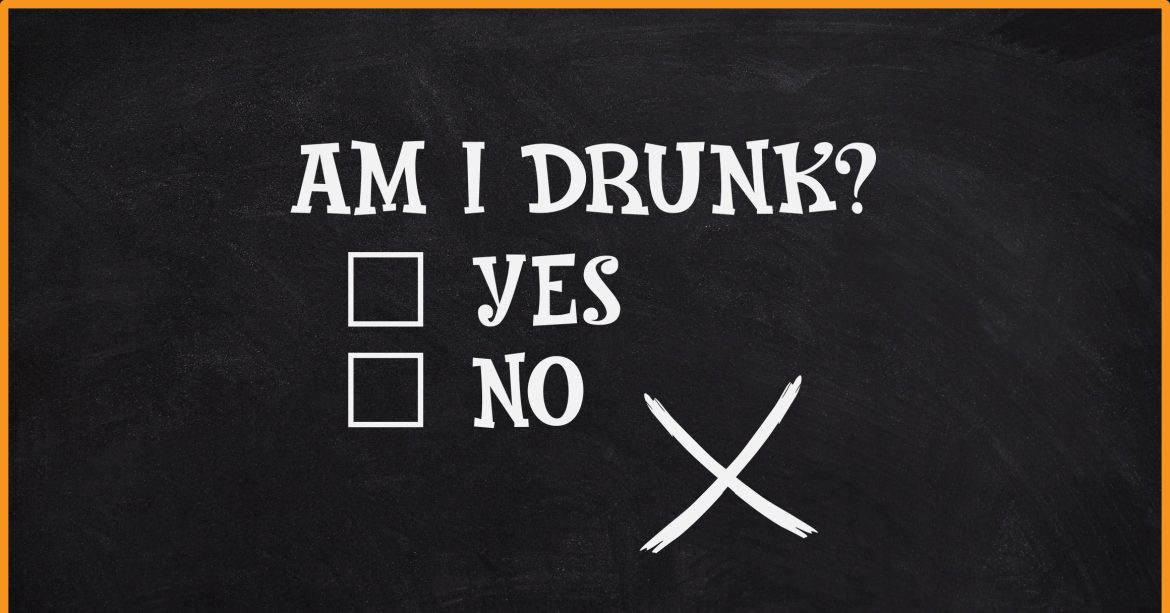In the first four months of this year, Costa Rica’s Traffic Police have been quite busy, administering over 3,300 DUI tests and confirming more than 500 cases where drivers have had too merry of a time. The Ministry of Public Transports released these figures recently, underscoring a serious, yet somewhat bumbling, effort to curb reckless driving due to alcohol consumption.
A Staggering Start to the Year
From January to April, the Traffic Police’s dedication to making roads safer has led to a significant number of sobriety checks. The results? Over 500 drivers were caught steering well over the legal alcohol limit of 0.75 grams—enough to make any breathalyzer need a break. These individuals weren’t just slapped on the wrist; they faced the music with an “A-Level” fine which is just a fancy term for “You’re in big trouble!”
The Price of Overindulgence
Getting busted for DUI in Costa Rica is not just a matter of facing awkward questions; it hits the wallet hard. Each of these overindulgent souls has had to cough up approximately $700. If that wasn’t painful enough, they also received a penalty of 6 points on their driving record. For those unfamiliar, accumulating 6 points is like scoring an own goal in the game of driving—it leads to a suspended driver’s license.
Retake That Test!
The penalties don’t end there. Those who have their licenses suspended must go back to school, literally. They have to retake the driving course and must score at least 70 out of 100 to renew their driver’s licenses. It’s like repeating a grade but with more at stake than just parental disappointment.
Not So Severe, Still Serious
It’s not all doom and gloom, though. About 100 drivers found with blood alcohol levels between 0.20 and 0.75 grams weren’t arrested but still faced the same hefty $700 fine and the dreaded 6-point penalty. Meanwhile, over 130 drivers tested for very low blood-alcohol levels managed to escape any sanctions, probably sighing in relief and contemplating the virtues of moderation.
Where Do All These Fines Go?
You might wonder what happens to the tsunami of cash collected from these fines. According to the ministry, this money is funneled into covering the Traffic Police’s operating costs, road safety campaigns, maintaining traffic signs, and supporting the Red Cross, among other noble causes. So, next time someone begrudgingly pays a fine, they can at least think of it as a charitable donation to national safety and welfare.
A Look at the Statistics
The financial burden for traffic violators saw a slight ease this year, with the cost of fines reduced by 1%, a decision made by the Superior Council based on the Consumer Price Index. Despite these efforts to make penalties fairer, the roads remain perilous. As of April 2024, there were 156 deaths from traffic accidents, 82 of whom were motorcyclists, representing 54% of the fatalities.
Reflecting on 2023, the grim statistic stands at over 517 traffic-related deaths, marking a 6.9% increase from 2022. It’s a stark reminder that, despite the humor one might find in some of the lighter penalties, traffic safety is a critical issue that continues to demand serious attention.
A Call to Action
The Traffic Police continue to urge drivers to respect the law and take precautionary measures to avoid accidents. The public is encouraged to report any cases of reckless driving to the 911 emergency line, helping to keep Costa Rica’s roads safer for everyone. Remember, the next time you think about drinking and driving, consider not just the financial cost but the potential cost to lives—you might not be as lucky as those who got away with a fine.

